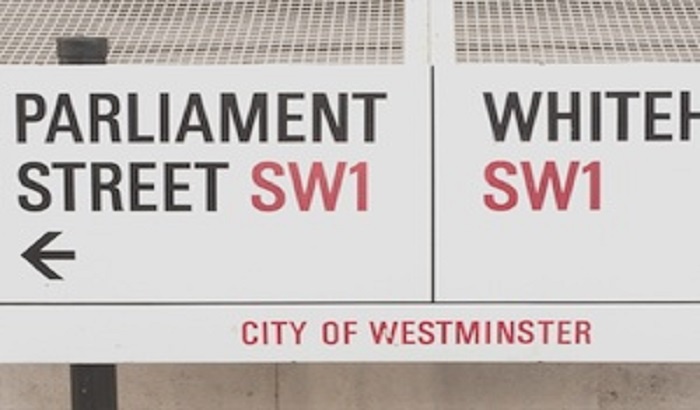
An Aberdeenshire director has been disqualified for failing to ensure her restaurant company kept adequate books and records.
Mrs Ambia Begum, (28), director of Lochnagar Indian Brasserie, a licensed Indian restaurant in Ballater, has been disqualified from being a director for 8 years, following an investigation by the Insolvency Service.
At a hearing in Aberdeen Sheriff Court the Sheriff made an eight year order against Ambia Begum, which began on 16 March 2016. The Disqualification prevents Ambia Begum from directly or indirectly becoming involved in the promotion, formation or management of a company for the duration of the order.
On 1 July 2014 Lochnagar Indian Brasserie, with debts of £424,962, was placed into compulsory liquidation following a winding up petition lodged by HM Revenue and Customs. Ambia Begum was the sole director of Lochnagar Indian Brasserie at that time.
Following the Liquidator’s appointment, the investigation found that from 1 December 2011 to 1 July 2014, the company’s books were inadequate, thereby not making it possible to:
- Verify expenditure from the company bank account totalling £276,783.
- Verify whether receipts into the company bank account, of £276,783, were a true representation of the sales achieved by the company, especially as, due to the nature of the business, a significant proportion of the sales were likely to have been cash.
- Verify whether the company owned, or had disposed of, any assets and if so, what their value was.
- Establish the true level of liabilities owed to H M Revenue and Customs Establish whether the company should have been registered for PAYE and NIC
Robert Clarke, Head of Company Investigation at the Insolvency Service said:
Directors who operate cash based businesses have to maintain sufficient records to explain where these monies have gone and following insolvency make sure that such records are delivered up for scrutiny by the relevant bodies.
By failing to do this the public can not be sure that all funds received by the company were used for legitimate purposes. The substantial period of this disqualification reflects the fact that when a company fails to keep adequate financial records it is simply not possible to determine whether there has been other, more serious, impropriety in relation to the management of its affairs.

 Appeal Following Road Traffic Collision, Great Horton Road, Bradford
Appeal Following Road Traffic Collision, Great Horton Road, Bradford
 Bradford Man Jailed For Child Sexual Offences
Bradford Man Jailed For Child Sexual Offences
 Appeal After Burglary
Appeal After Burglary
 Have your say and help to build stronger communities in Calderdale
Have your say and help to build stronger communities in Calderdale
 Bradford to mark the 80th anniversary of D-Day
Bradford to mark the 80th anniversary of D-Day
 City presents Windrush pioneer with prestigious Leeds Award
City presents Windrush pioneer with prestigious Leeds Award
 More Than 10,000 Arrests Made By Team Dedicated To Reducing Violent Crime
More Than 10,000 Arrests Made By Team Dedicated To Reducing Violent Crime
 Plate expectations as historic registration could be up for sale
Plate expectations as historic registration could be up for sale
 Calderdale: Celebrating over 350 years of service at Council
Calderdale: Celebrating over 350 years of service at Council
 Activists who caused £100,000 worth of damage sentenced
Activists who caused £100,000 worth of damage sentenced
 Appeal Following Collision and Death of Man in Otley, Leeds
Appeal Following Collision and Death of Man in Otley, Leeds
 Remix Saturdays
Remix Saturdays
 Bhangra Nights
Bhangra Nights
 Legal Show
Legal Show
 The Golden Era
The Golden Era